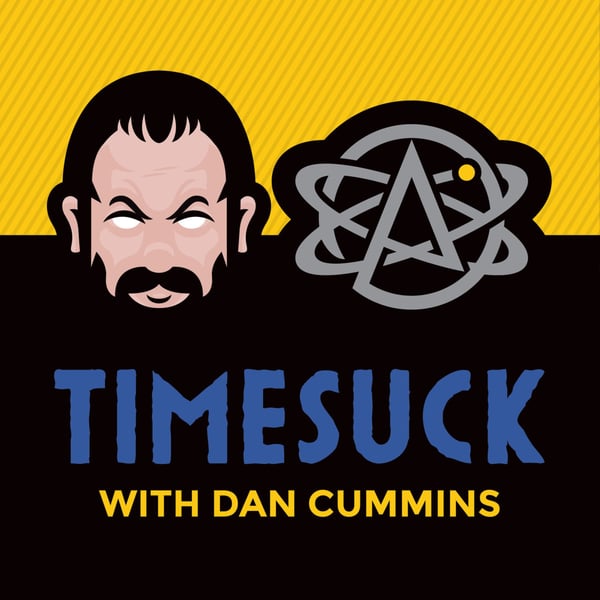81 - The Stanford Prison Experiment
Timesuck with Dan Cummins
Dan Cummins
4.7 • 21.6K Ratings
🗓️ 2 April 2018
⏱️ 92 minutes
🧾️ Download transcript
Summary
Transcript
Click on a timestamp to play from that location
| 0:00.0 | The Stanford Prison Experiment is one of the very few subjects we've tackled that I've |
| 0:03.8 | actually studied a bit before. |
| 0:05.5 | I remember learning about it during an experimental psychology class at Gonzaga University back |
| 0:09.9 | around 1998. |
| 0:10.9 | It was probably wearing some kind of smashing pumpkins or radio head t-shirt back then. |
| 0:15.7 | Definitely was rocking a few earrings each year. |
| 0:18.1 | My hair may or may not have been bleached. |
| 0:21.0 | Anyway, I remember my professor explaining that the study shed light on a question that |
| 0:25.2 | I had been thinking about in one of my other classes, a history class on the Holocaust. |
| 0:29.9 | How could they do it? |
| 0:30.9 | How could Germans do to the Jewish people, to the Romani, to homosexuals, to political |
| 0:36.0 | objectives, what they did? |
| 0:38.2 | How could they treat them so savagely, kill innocent people that way? |
| 0:42.2 | Well, in addition to a lot of other factors, part of their ability to dehumanize their |
| 0:46.3 | prisoners may have been the psychology of conforming to the expectation to their role of the |
| 0:51.7 | captor. |
| 0:52.7 | Turns out, when you give someone the ability to punish others, when you put someone in |
| 0:55.6 | charge of others and give them the ability to reward or punish others, they tend to behave |
| 1:00.5 | in some very interesting ways and often in some not-so-great ways. |
| 1:04.3 | And we know a lot of this now because of the study we're talking about today. |
| 1:08.2 | Philip Sombardo and the others who conducted this now-famous experiment in 1971 found |
| 1:13.0 | that people behaved in all together, startling ways, ways that are no longer as surprising, |
... |
Please login to see the full transcript.
Disclaimer: The podcast and artwork embedded on this page are from Dan Cummins, and are the property of its owner and not affiliated with or endorsed by Tapesearch.
Generated transcripts are the property of Dan Cummins and are distributed freely under the Fair Use doctrine. Transcripts generated by Tapesearch are not guaranteed to be accurate.
Copyright © Tapesearch 2025.

